AeroGenie — Votre copilote intelligent.
Tendances
Categories
Korean Air to Invest $50 Billion in Boeing Aircraft and Services
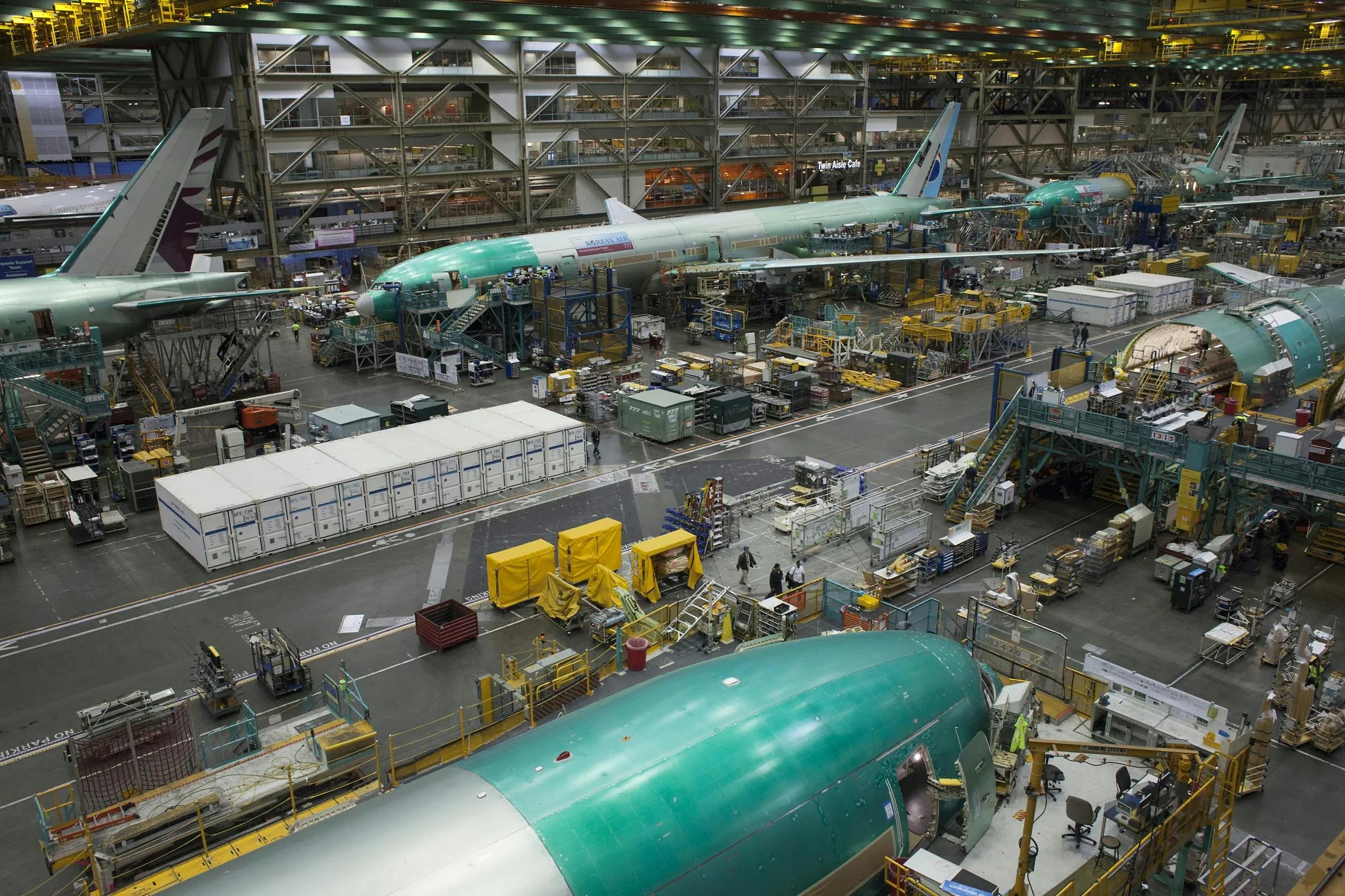
Korean Air Commits $50 Billion to Boeing Aircraft and Services
Korean Air has unveiled a landmark $50 billion investment plan to acquire 103 next-generation Boeing aircraft, alongside 19 spare engines sourced from GE Aerospace and CFM International. The agreement also includes a comprehensive 20-year engine maintenance program with GE Aerospace. The contracts were formalized during a signing ceremony held in Washington D.C. on August 25, attended by Korean Air Chairman and CEO Walter Cho, Boeing Commercial Airplanes President and CEO Stephanie Pope, and GE Aerospace Commercial Engines & Services President and CEO Russell Stokes.
Details of the Agreement and Strategic Objectives
The total deal, valued at approximately KRW 70 trillion, allocates $36.2 billion for the aircraft purchase, $690 million for spare engines, and $13 billion for the long-term engine maintenance program. The aircraft order comprises 50 Boeing 737 Max 10s, 20 Boeing 777-9s, 25 Boeing 787-10s, and eight Boeing 777-8 Freighters, with deliveries scheduled to be phased through to the end of 2030.
This acquisition forms a central pillar of Korean Air’s fleet modernization strategy and its integration with Asiana Airlines, aiming to establish a unified and highly competitive carrier. The timing of the agreement coincided with South Korean President Lee Jae Myung’s visit to Washington, highlighting the strategic importance of U.S.-Korea aviation relations.
Walter Cho emphasized the significance of the investment, stating that acquiring these next-generation aircraft is fundamental to enhancing fuel efficiency and improving the passenger experience across Korean Air’s global network. He further noted that the investment is critical to the airline’s future as a merged entity with Asiana, ensuring the combined carrier remains among the most competitive in the industry.
Boeing’s Stephanie Pope expressed pride in strengthening the partnership with Korean Air through this substantial agreement, underscoring Boeing’s commitment to supporting the airline’s growth with one of the world’s most efficient fleets as it transitions into a larger unified carrier.
Fleet Strategy and Operational Impact
Korean Air’s fleet strategy will focus on five highly efficient aircraft families: Boeing 777, 787, and 737, alongside the Airbus A350 and A321neo. This approach is designed to standardize operations, achieve economies of scale, enhance fuel efficiency, reduce carbon emissions, and elevate the overall customer experience.
In addition to the aircraft, Korean Air will acquire 11 spare engines from GE Aerospace and eight from CFM International. The 20-year engine maintenance contract with GE Aerospace will cover 28 aircraft, representing a significant investment in operational stability and safety.
The expanded fleet is expected to strengthen Korean Air’s global reach, particularly by increasing service to destinations in the United States, Latin America, and South America. The airline’s longstanding partnership with U.S. aviation, which began with its initial cargo and passenger routes to the United States in the early 1970s, continues to deepen through this major investment.
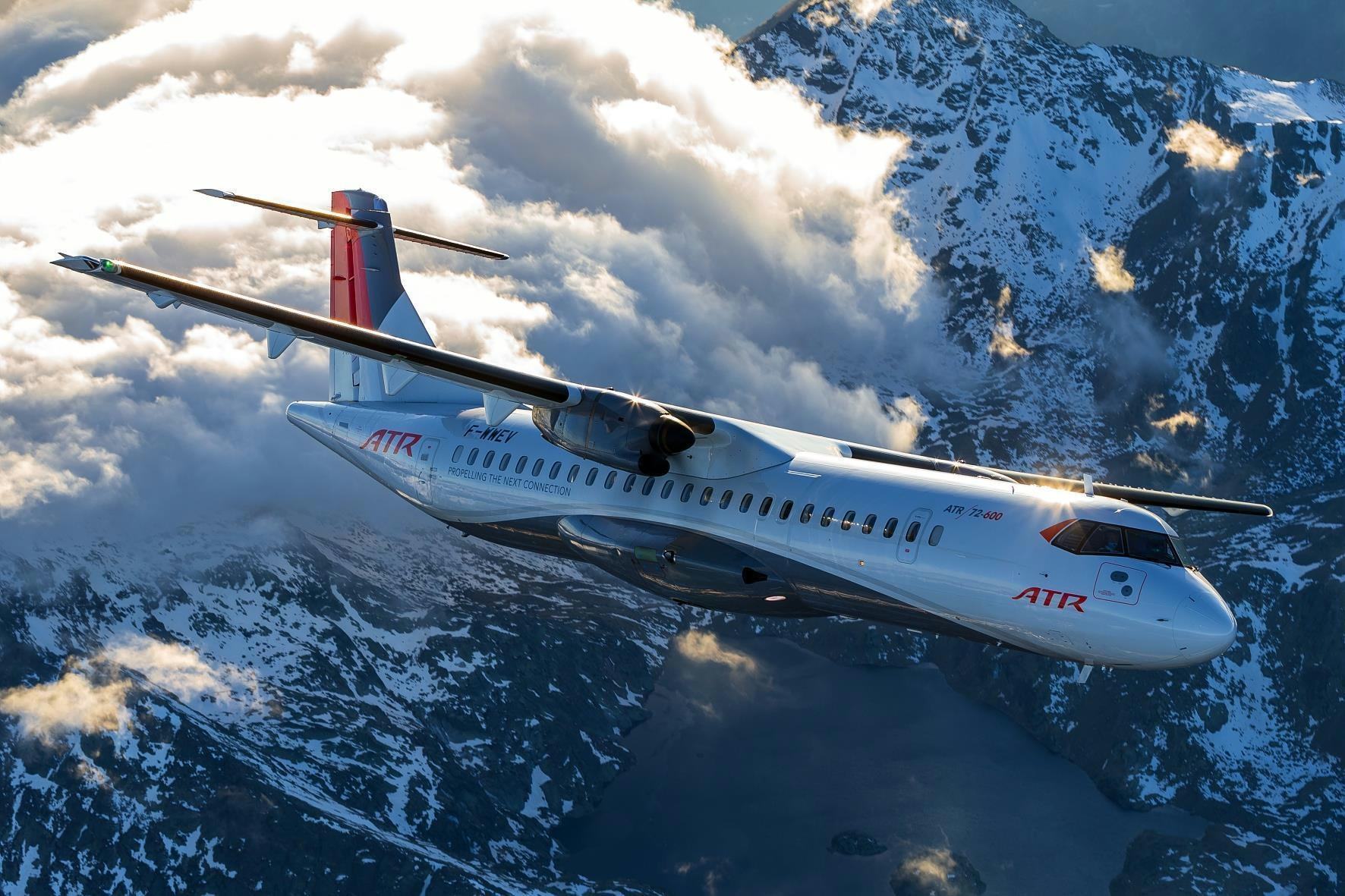
ATR Airlines Misses Targets Amid Aircraft Delivery Delays

Sen. Jerry Moran Proposes Bipartisan Bill to Improve FAA Certification for Advanced Air Mobility
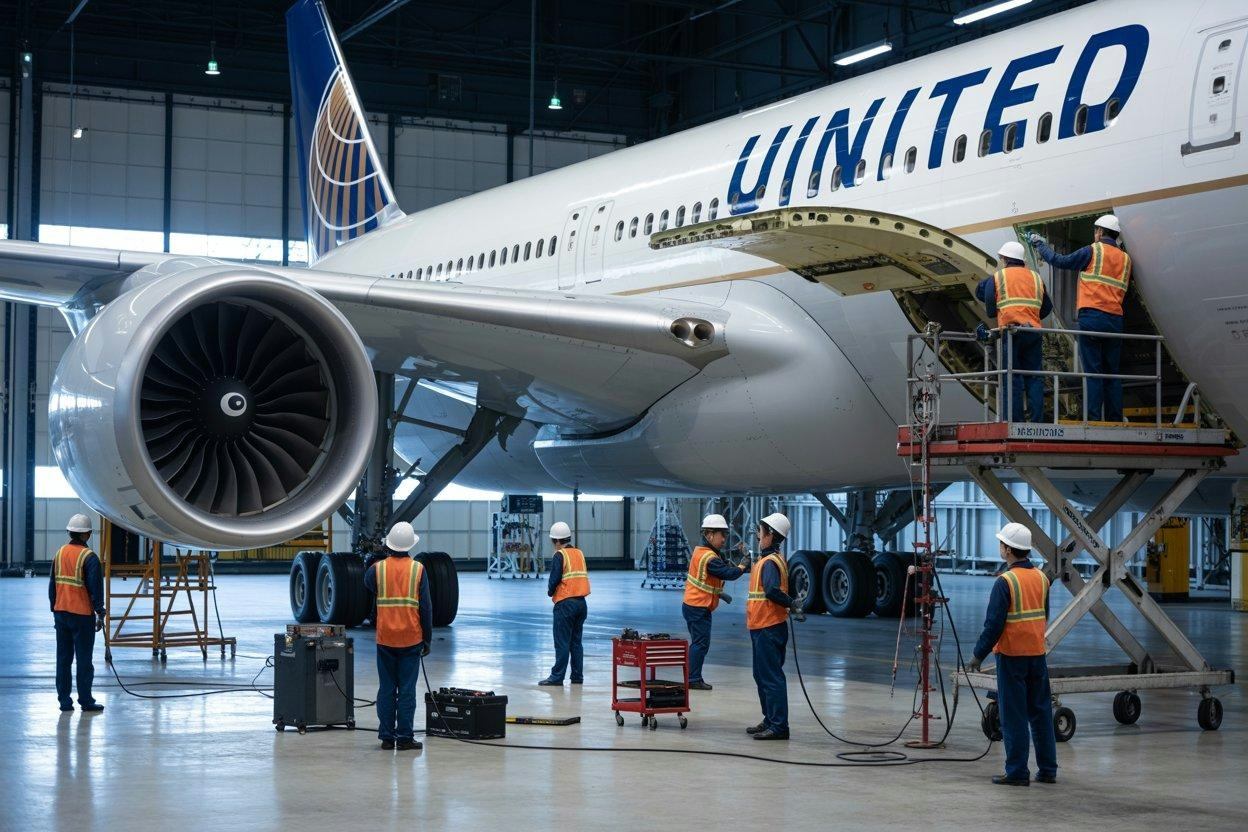
US Audit Identifies FAA Oversight Gaps at United Maintenance

The Impact of Agentic AI on Airport Operations
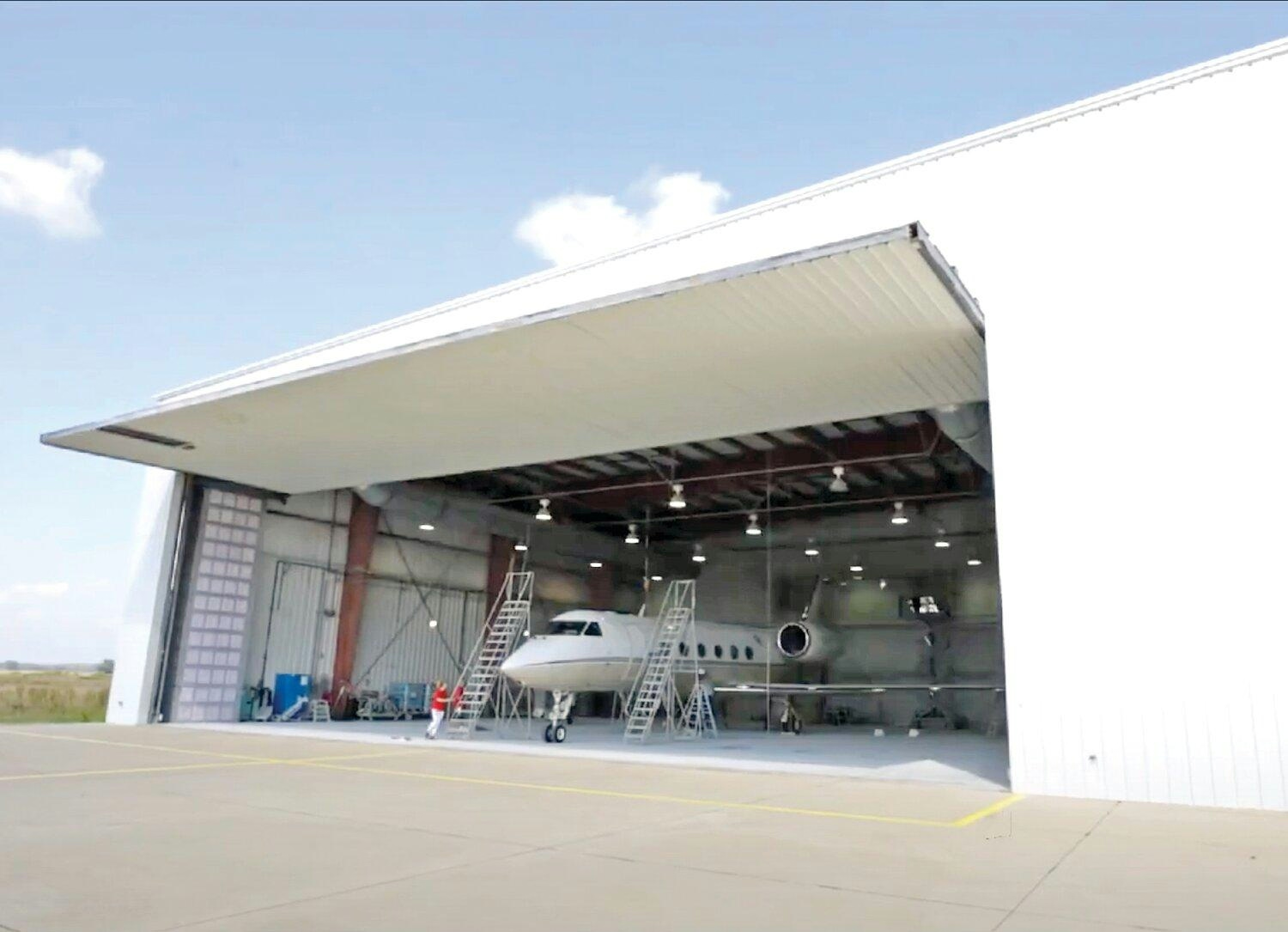
West Star Aviation Announces Expansion in Chattanooga
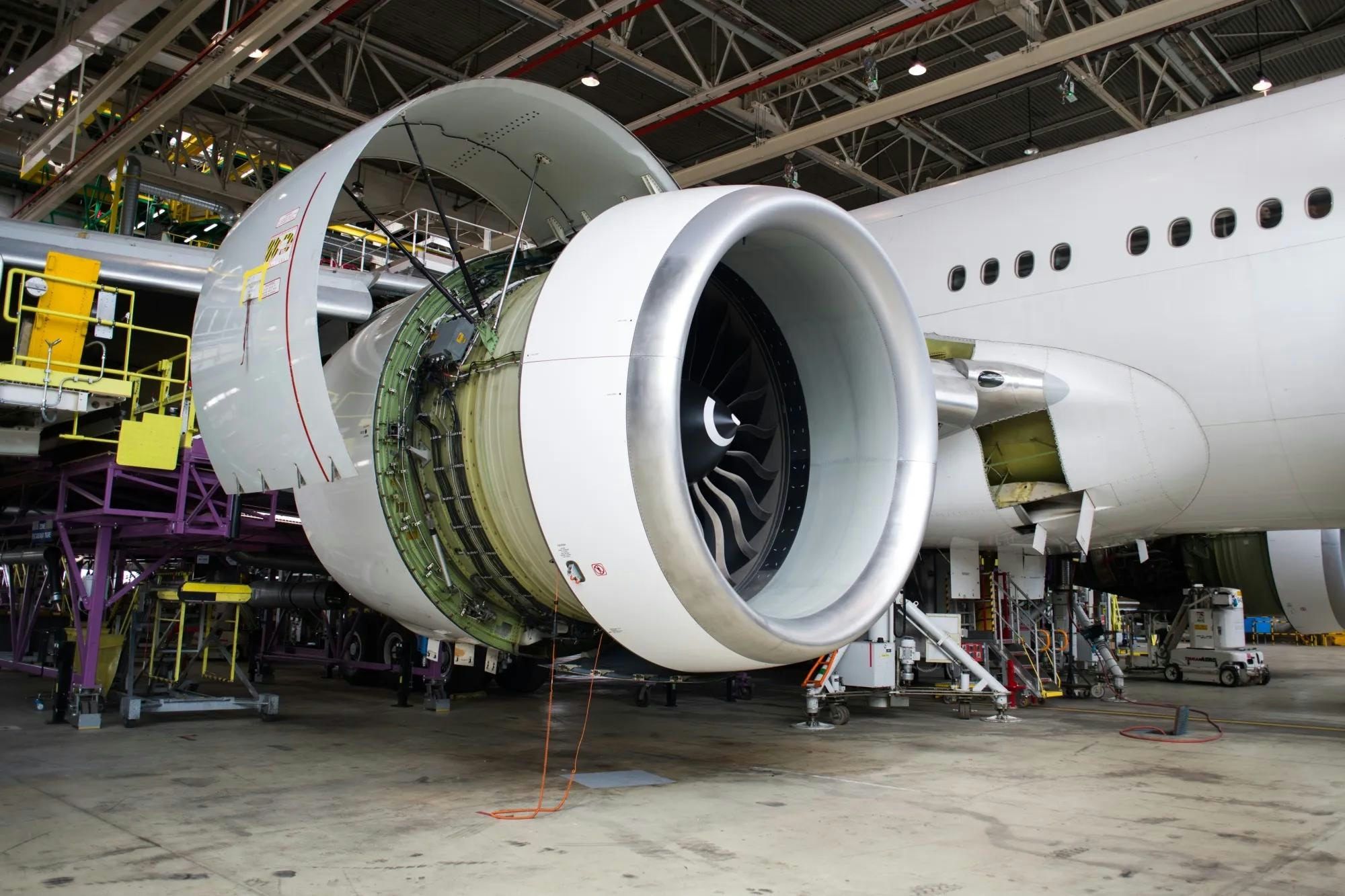
Signs Point to Easing of Aerospace M&A Backlog by 2026

Aviation Design Software Market Projected to Reach $2.8 Billion
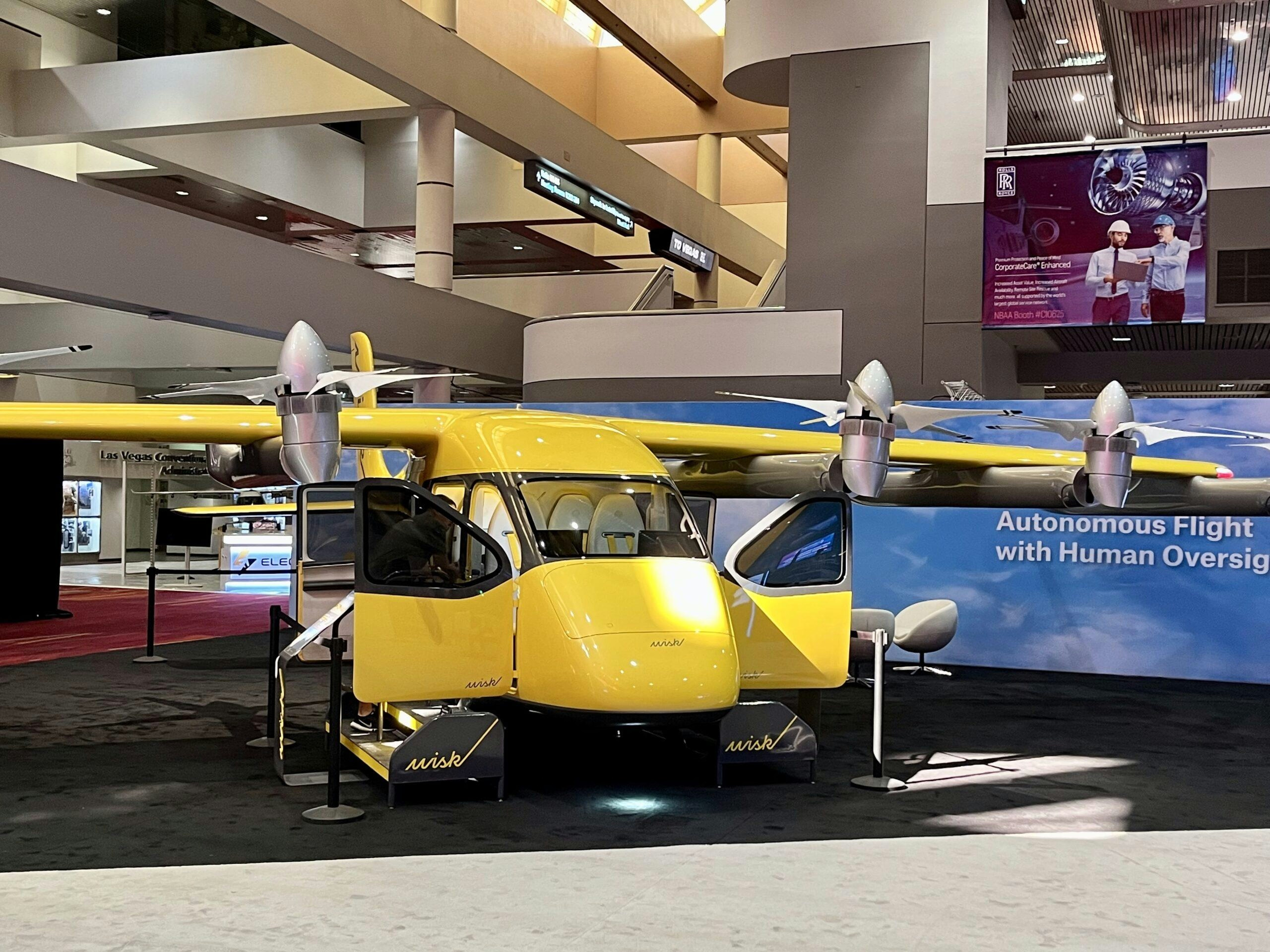
The Future of Aviation in Africa Amid Digital Transformation
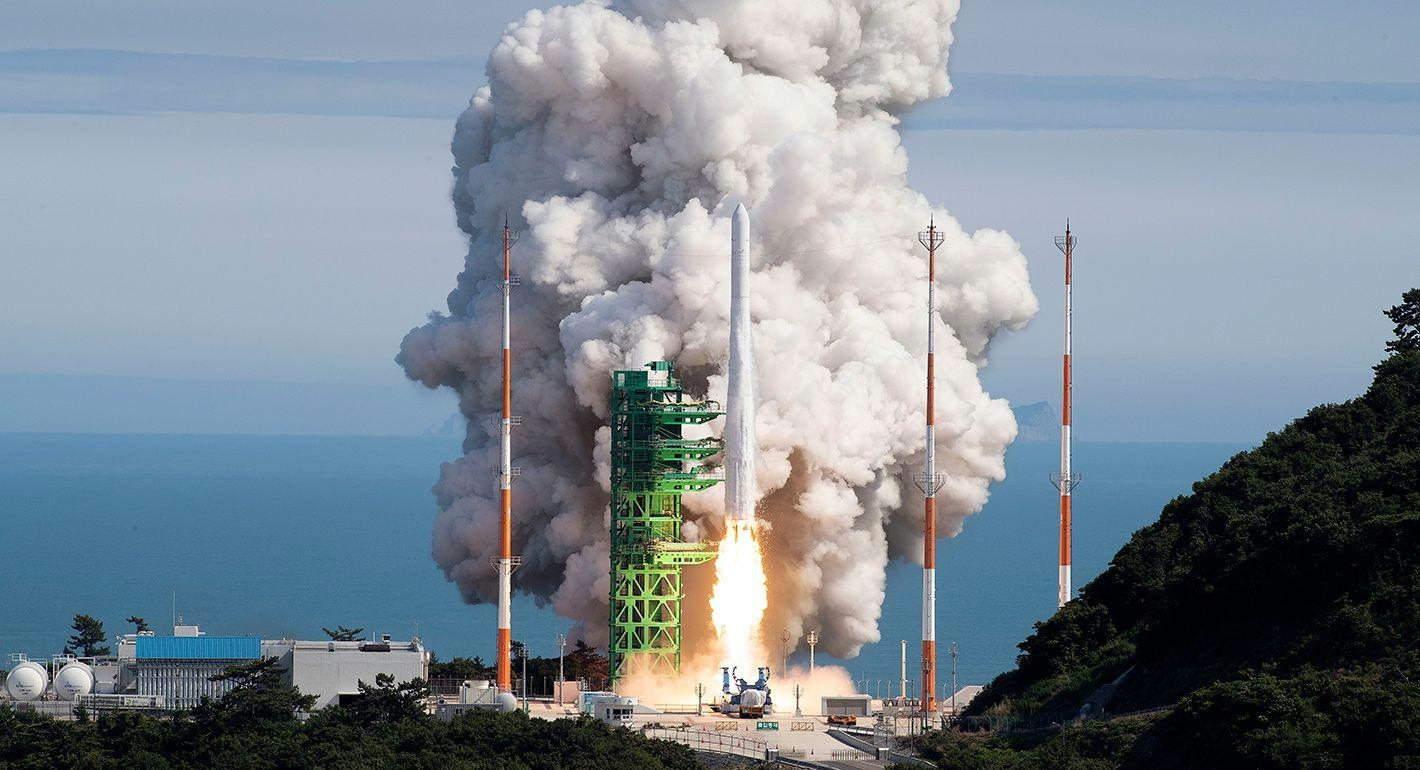
Gyeongnam Province Unveils Mid- to Long-Term Aerospace Industry Roadmap
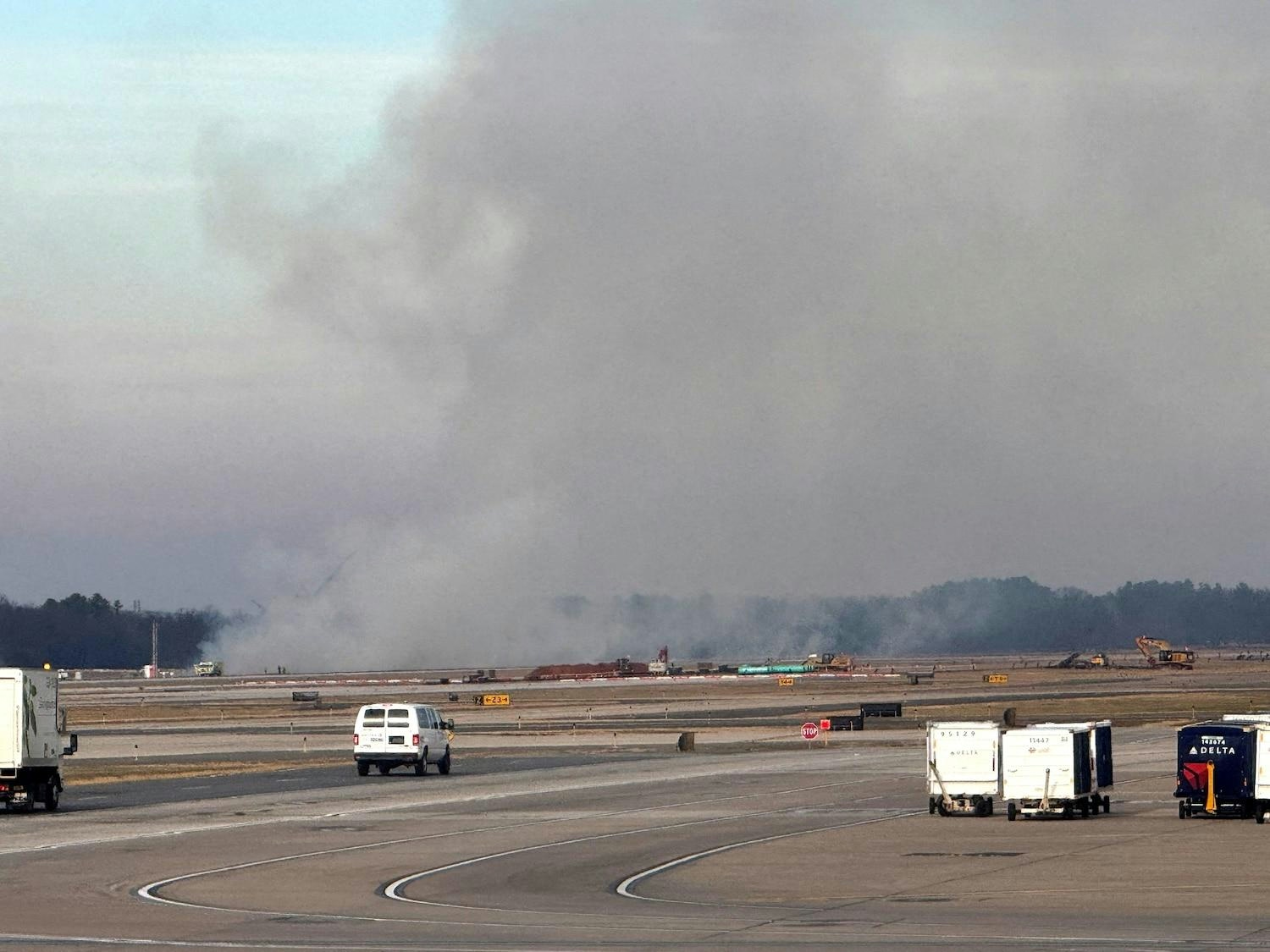
Delta Flight to Atlanta Suffers Engine Trouble, Sparks Grass Fire at Airport
